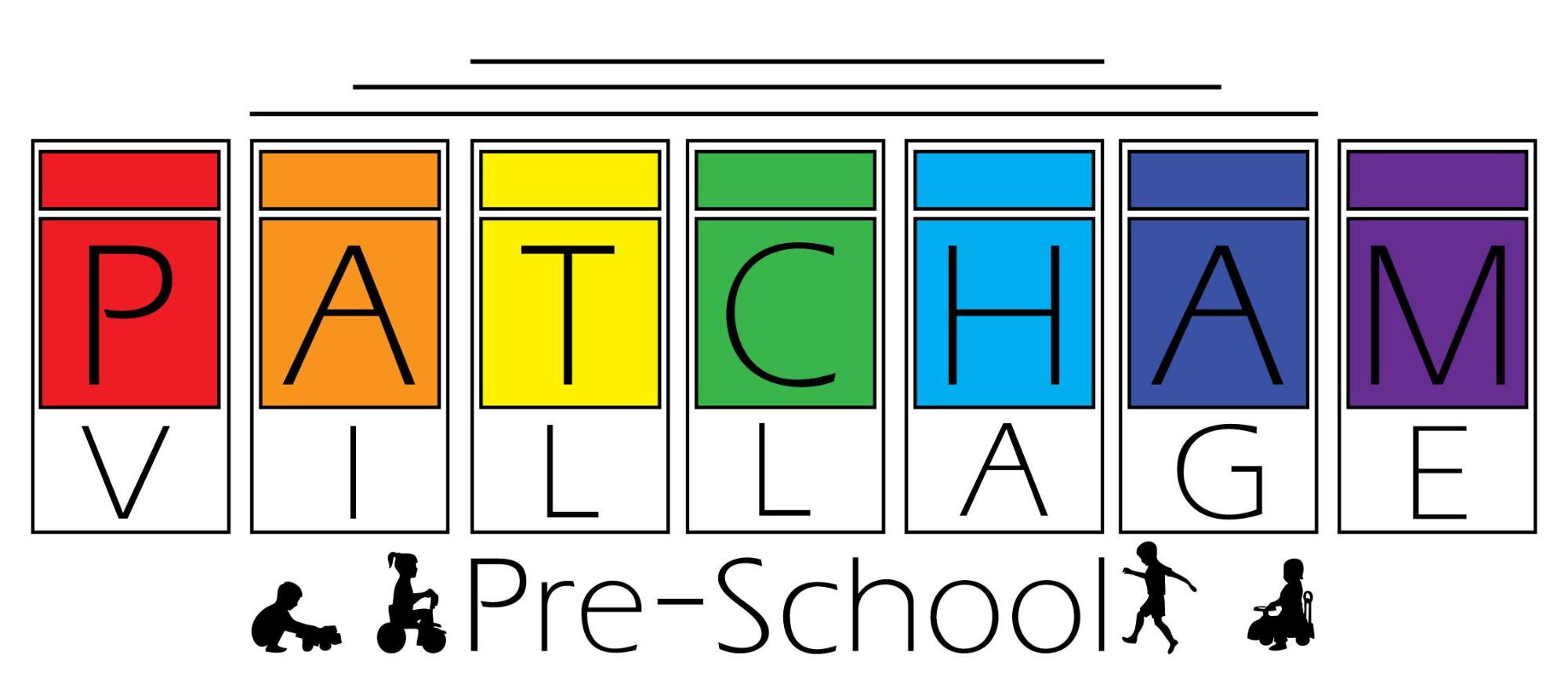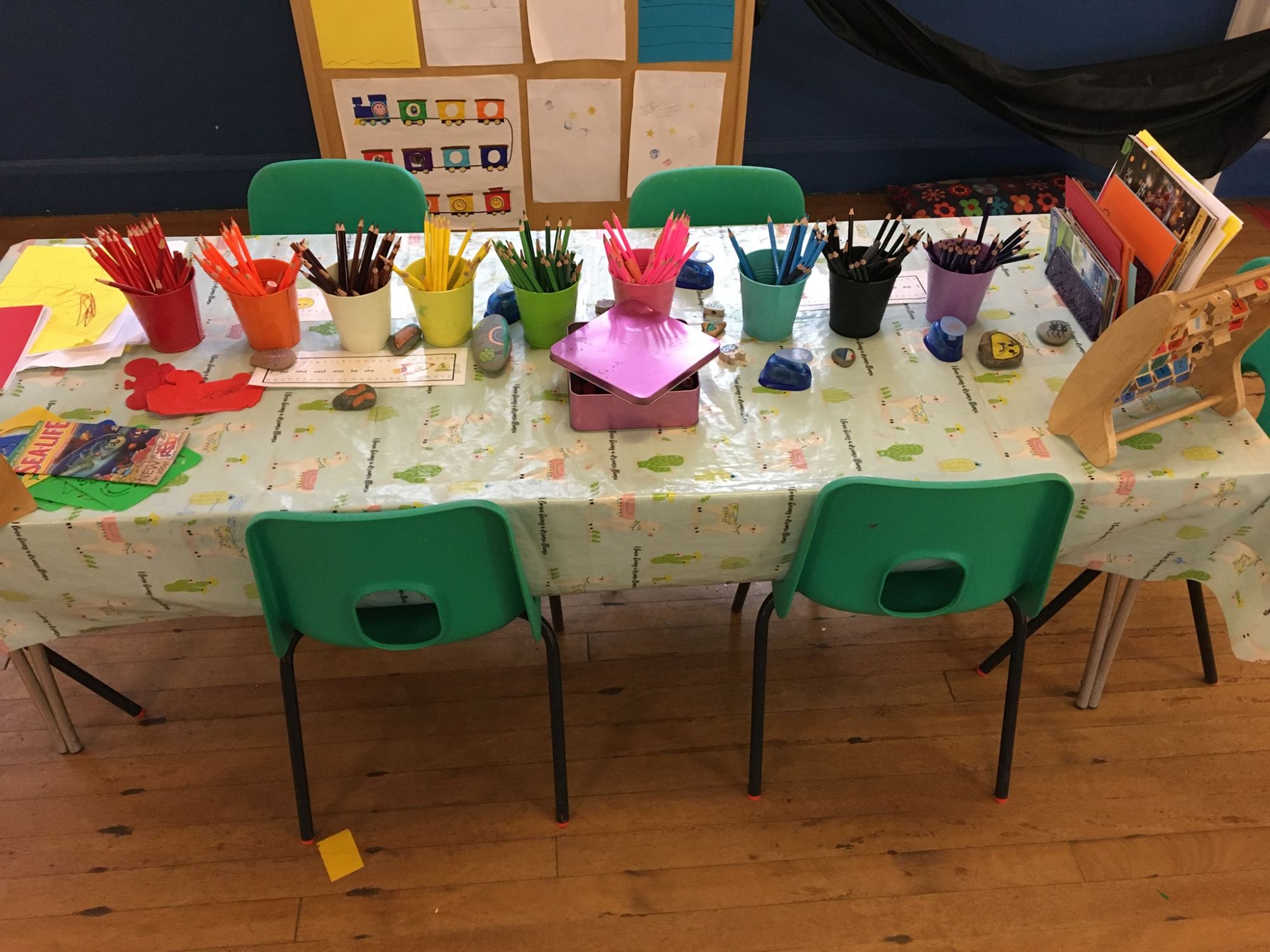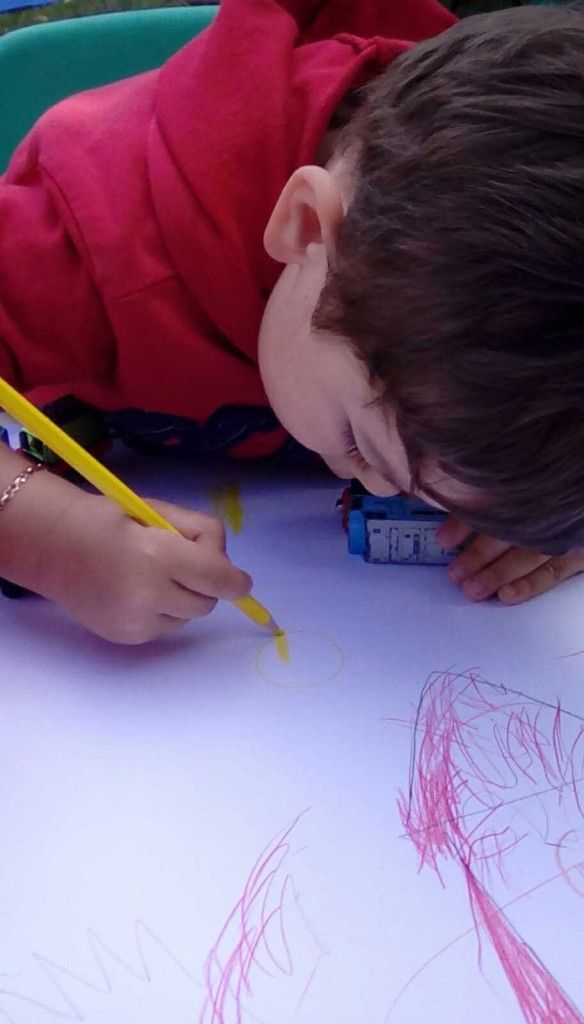Early Years Foundations Stage
The Early Years Foundation Stage (EYFS) framework provides the statutory standards for promoting the learning, development and safety of children from birth to five years in Ofsted registered settings. The EYFS lays down the legal requirements that early years childcare providers must meet and provide.
Patcham Village Pre-school is carefully and thoughtfully organised daily to ensure all seven areas of learning are matched to the experiences and activities we offer our children, always closely matching what we plan to a child’s interest.
Development Matters
Our ongoing assessments of children provides us with the knowledge and understanding of every child in our care and their developmental pathways, enabling us to summarise learning and share triannually summative assessments with parents and carers; Each summative assessment providing the building blocks for future learning. As we review and reflect on each child’s development we create timely, relevant and evolving next steps for each individual child.
The Prime Areas
These are fundamental throughout the EYFS and begin to develop quickly in response to relationships and experiences and run through and support learning in all other areas.
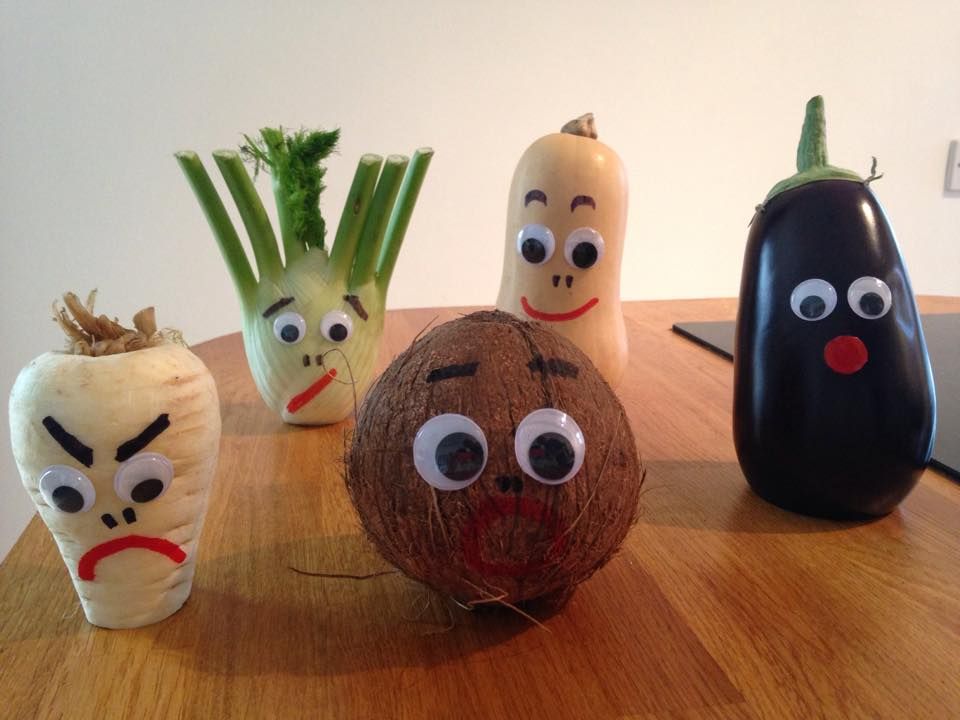
Personal, Social and Emotional Development
Personal, social and emotional development involves helping children to develop a positive sense of themselves, and others; to build positive relationships and develop respect for others; to develop social skills and learn self regulation: - how to manage their feelings; to understand and to have confidence in their own abilities, adapting and monitoring as they learn.
Communication and Language Development
Communication and language development involves giving children
opportunities to experience a rich language environment; to develop their confidence and skills in listening, attention and understanding and speaking; expressing themselves in a range of situations.

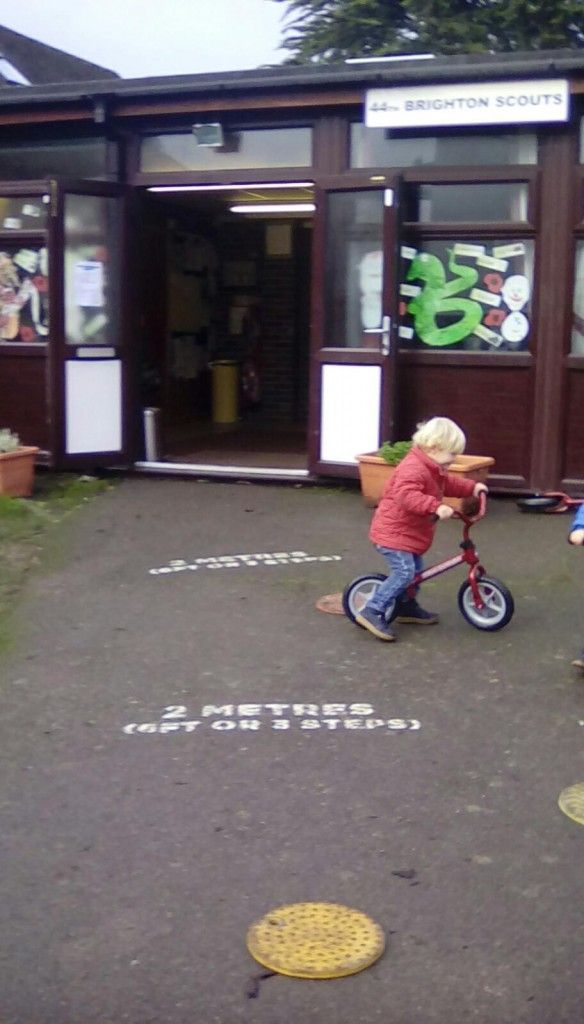
Physical Development
Physical development involves providing opportunities for young children to be active and interactive; and to develop fine and gross motor skills.
The Specific Areas
These includes essential skills and knowledge. They grow out of the prime areas, and provide important contexts for learning.
Mathematical Development
Mathematics involves providing children with opportunities to develop and improve their skills with numbers and numerical patterns .
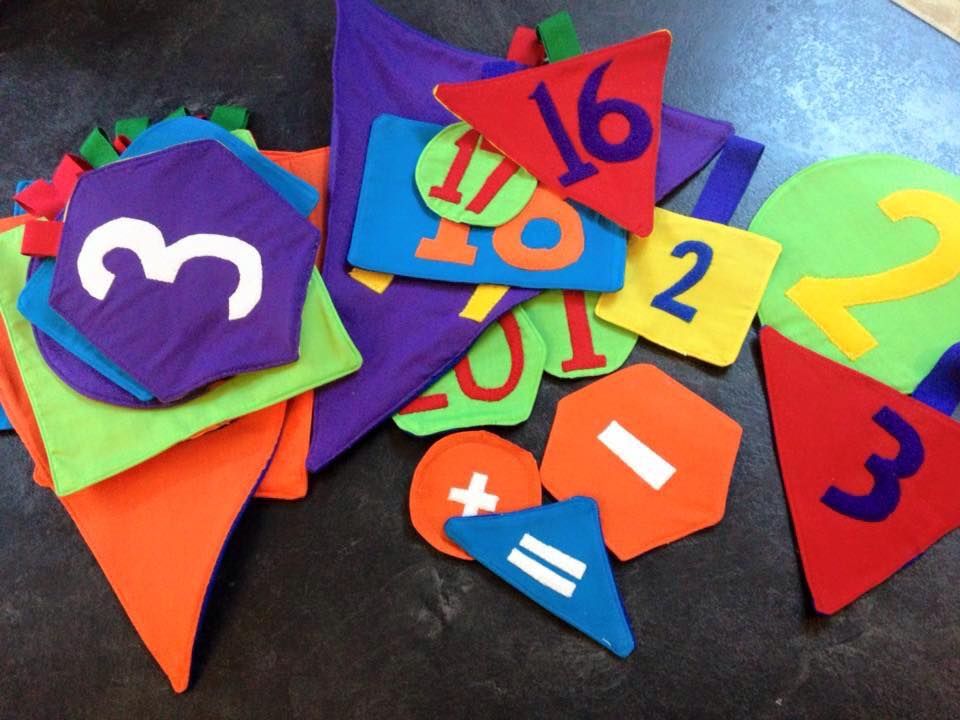
Literacy
Literacy involves encouraging children to link sounds and letters and to begin to read and write as well as the ability to comprehend.
Children are given access to a wide range of reading materials (books, poems, and other written materials) to ignite their interest
Expressive Arts and Design
Expressive arts and design involves enabling children to be imaginative and expressive and to create with a wide range of media and materials.
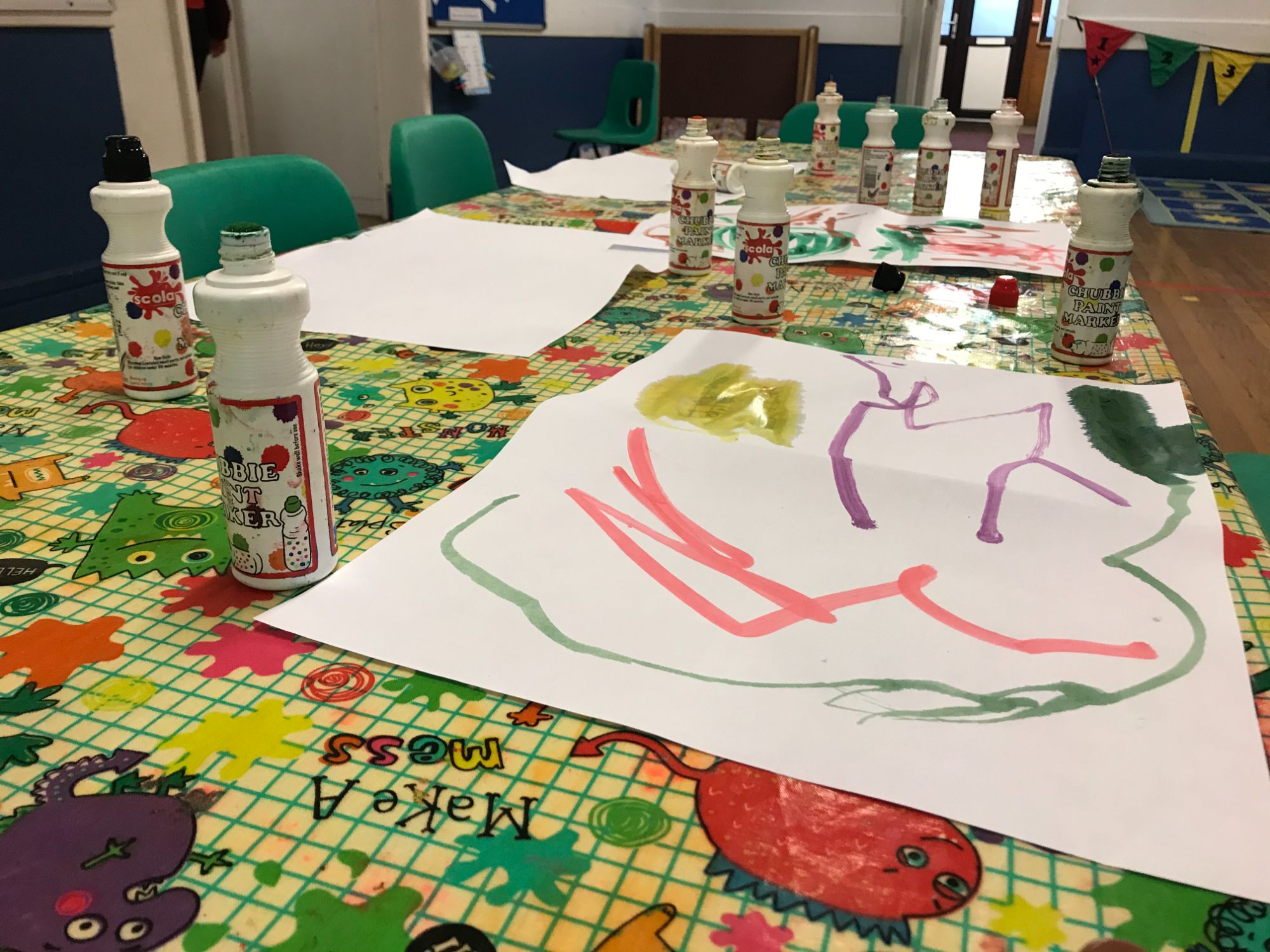
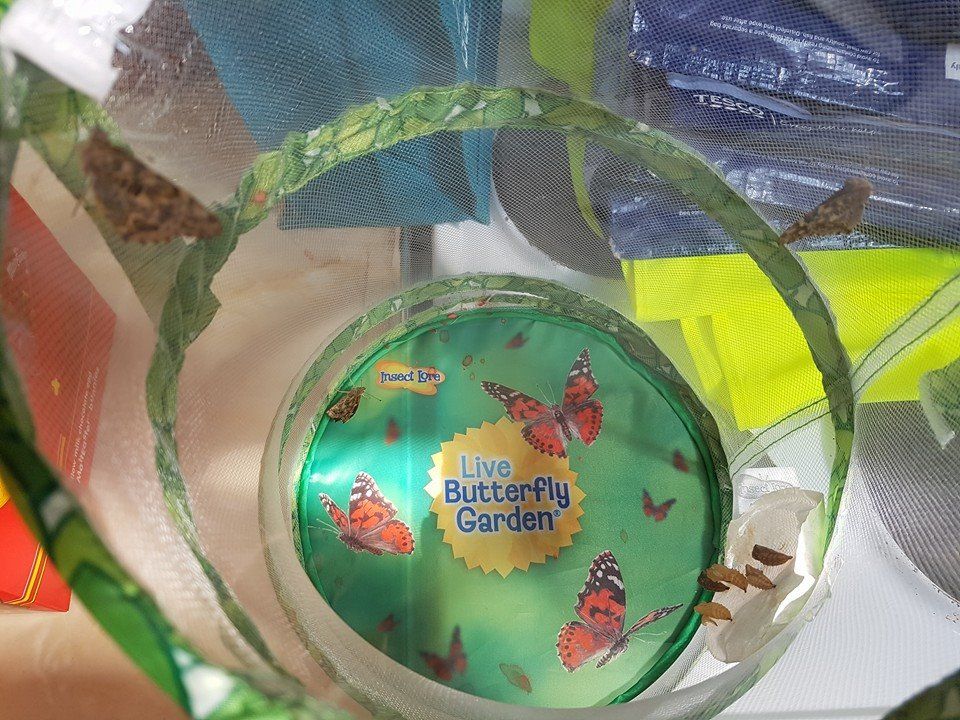
Understanding the world
Understanding the world involves guiding children to make sense of the natural world, to find out about people, culture and communities and an understanding of past and present.
